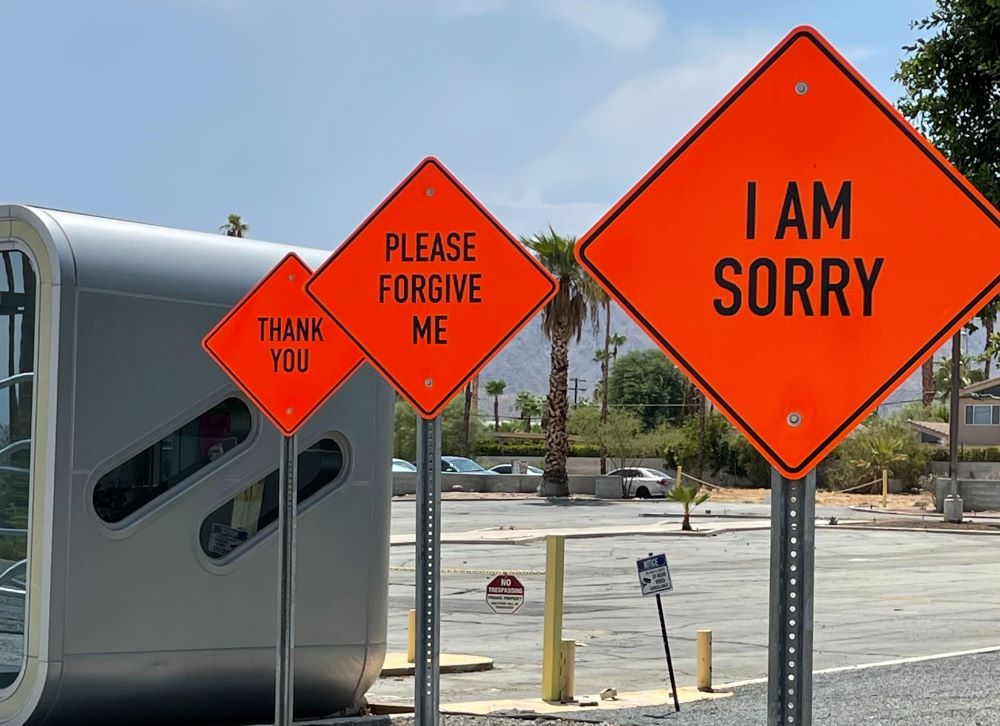23rd SUNDAY A
I checked commentators on this gospel and discovered a few things. For starters, Matthew wrote his gospel when the fledgling church was no longer part of the Jewish community and needed guidelines for its development. Christians were to live in a way that reflected their faith in Jesus Christ and his teachings. How is the community to deal with a member who offends another member or even the whole group? The obvious response is to handle the situation in a wise, compassionate and forgiving way; Jesus himself had revealed a compassionate and forgiving God. Forgiveness would be the hallmark of those who follow Christ. Next week we will hear Peter asking Jesus how often we should forgive.
The God of the Jewish community from which the new Christian community was evolving was a stern God, one who judged and punished. Jesus had come and revealed that his God was compassionate, healing and forgiving. We have grown up in a world that rewards and punishes and we are partial to that kind world and that kind of ‘God’. We have been attuned to that culture pattern all our lives and find it difficult to think or see life in any other way. Yet Paul offers “a way that is better” and spells it out in chapter 13 of his first letter to the Corinthians: the way of Christ is the way of love. Love is inclusive. Jesus loved and consorted with all kinds of people, good and bad, saint and sinner, Jew, Greek and Gentile…. He said as much to the Galatians: “There are no more distinctions between Jew and Greek, slave and free, male and female, but all of you are one in Christ Jesus” – 3: 28-29. That bears reflecting on.
We can say with Paul, “I live now not with my own life but with the life of Christ who lives in me” – Gal 2: 20. This is true of us all, but not all experience it. When we wrong another we are wronging Christ who lives and suffers in that person. That’s a reality that many are unaware of. Contemporary life moves too fast for us to stop and think. We knowingly or unknowingly hurt and offend one another, and move quickly on to the next thing; the reality of who we are as Christians rarely coming to mind. In many cases personal problems and difficulties between people and families persist, sometimes for years. In such cases we should talk to a wise listener and keep praying and looking for ways and means to restore the relationship to its Christian level.
Naturally, I read this gospel not from a secular point of view but from the perspective of the restoration and transformation of the sinner, the one sinned against and the Christian community itself. Matthew’s Gospel is not a secular document nor is today’s extract about managing conflict in the secular realm. But it can be applied to unbelievers as well, whether in the workplace, the home, the club or the pub. Jesus’ advice is for those who clash and fall out, wherever it happens between his disciples. It’s about believers struggling to get along with each other in a way that reflects Christ’s presence in their midst, mindful that “where two or three meet in my name, I shall be there with them” – Matt 18: 20 and 28: 20. (cf. 1: 23 Emmanuel, “God-is-with-us.”).
Fr QQ – 09/06/2023
Prayer is standing unprotected before God, naked. Sister Wendy Beckett.




